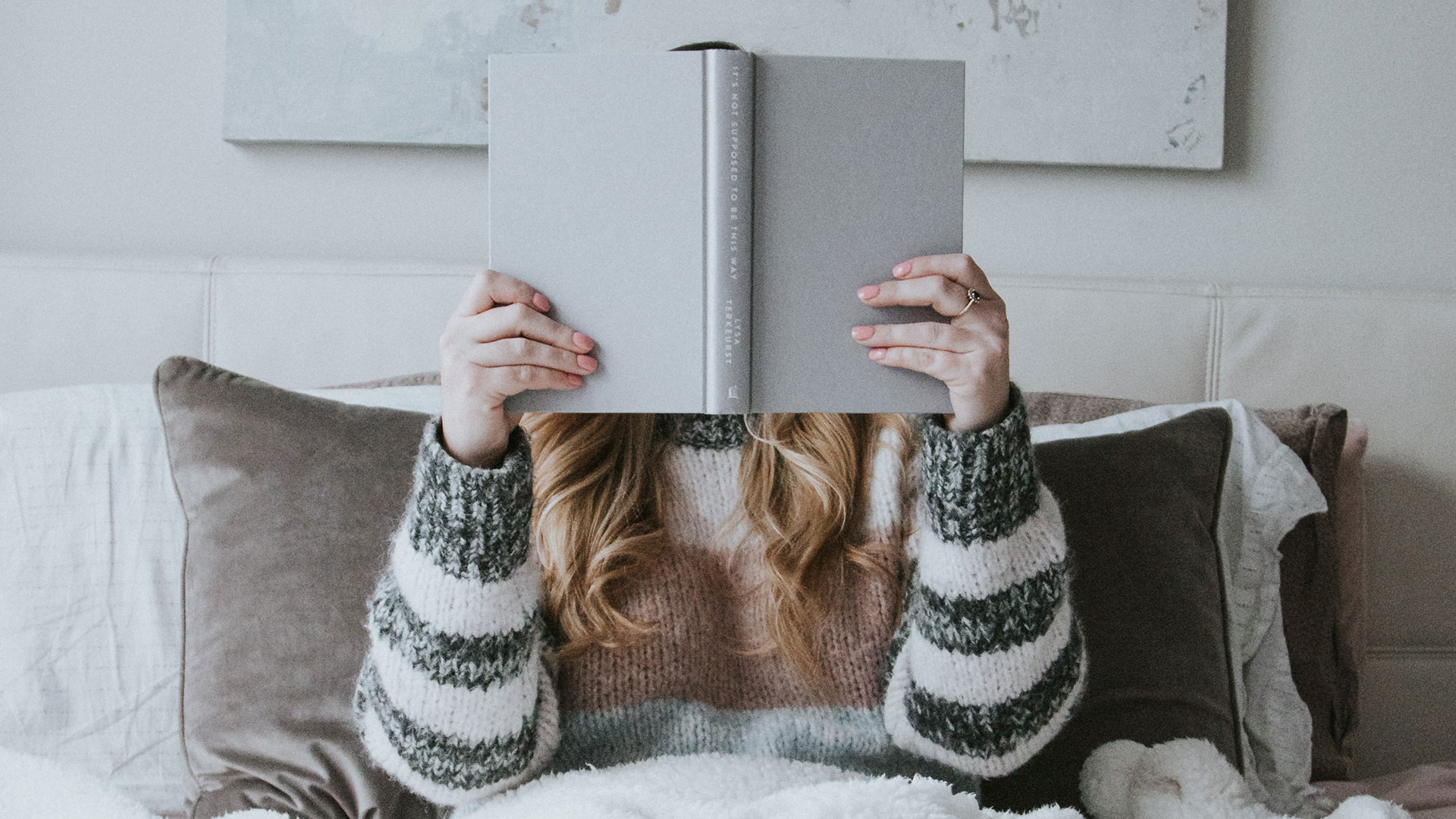The daily 6-minute routine that science says helps you get a better night's sleep
One super quick, basically free way to improve your sleep habits


A good night's sleep can make a huge difference to your mood and wellbeing, as well as impacting health in the longer term. The benefits of quality shut-eye are so well documented that it's barely worth going into it here. While there are plenty of tricks that can help – ranging from the quite-obvious (invest in the best mattress for your sleep style, rather than expecting that dodgy old one) to the more surprising (some insomniacs swear by weighted blankets to help them drop off) – there's one technique that costs basically nothing, and is quick and easy enough to fit into even the busiest routine.
Here is it: read for six minutes before you go to bed each night. The technique is based on research conducted at the University of Sussex and reported by The Telegraph back in 2009. In the study, it was found that reading a book reduced participants' stress levels by up to 68%, making it the most effective of all the de-stressing remedies tested.
The theory goes that reading works so well to relax you because it distracts you from your personal anxieties, allowing you to escape your reality and enter the author's world instead. According to cognitive neuropsychologist Dr David Lewis, who led the study, reading enables you to enter an altered state of consciousness that relaxes the brain.

Researches raised the participants' stress levels through a selection of exercises and tests, before asking them to undertake a range of traditional relaxation techniques, such as such as going for a walk, listening to music, or having a cup of tea (although that latter one is perhaps not ideal pre-bed in any case). Things like heart rate and muscle tension were monitored as indicators of stress. Reading was found to be the most effective of them all.
The great part is that the study found that those lowered stress levels were evident after only six minutes of quiet reading. That's short enough to not impact your daily routine too much at all. Although of course, you might end up extending that period if you end up getting hooked into your current book.
Those findings were backed up by a national UK survey in 2021 from Penguin Random House, which found that those who read as part of their bedtime routine tended to sleep better, and for longer, than those who didn't. Reading was also rated as one of the most effective sleep aids – outperforming yoga, white noise, and even prescription sleep aids.
Get all the latest news, reviews, deals and buying guides on gorgeous tech, home and active products from the T3 experts

Ruth was T3's Outdoors and Wellness Editor from 2020 to 2022, covering hiking, camping and adventure sports kit, as well as mattresses, sleep accessories, yoga and general wellness. She's now a Homes Editor at sister site TechRadar, where she deals in all things air (vacuum cleaners, robovacs, fans and air purifiers), and hair (hair dryers, straighteners and stylers).